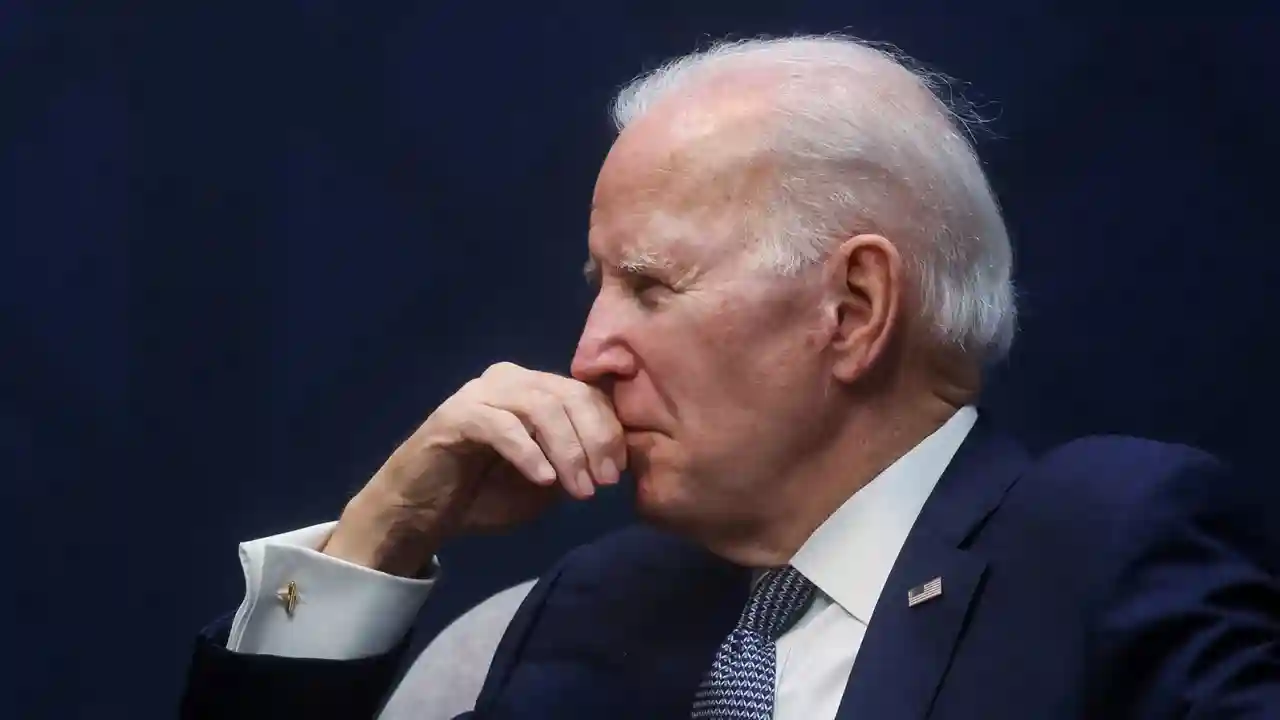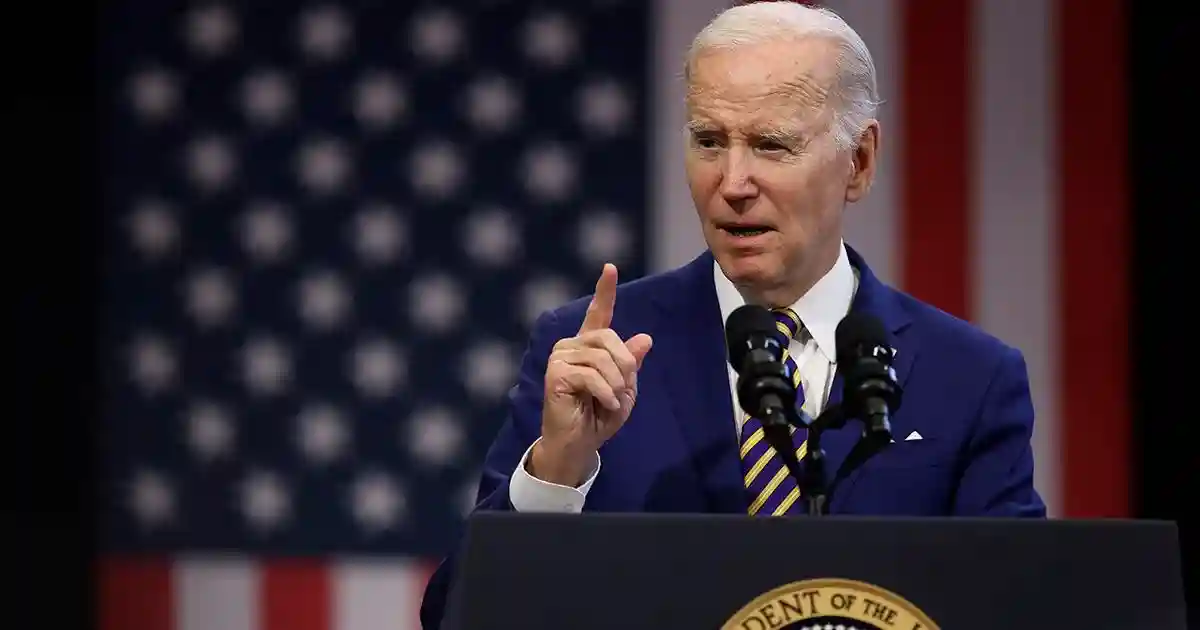On Monday, President Joe Biden vetoed for the first time in his presidency a measure that would have repealed a rule allowing managers of retirement savings to take into account the effects of environmental change and other climate, social, and governance factors when choosing investments.

President Joe Biden participates in a meeting with Australian Prime Minister Anthony Albanese in San Diego, California earlier this month. (Photo: https://edition.cnn.com/)
Republicans in Congress took the lead in pushing for the resolution’s passage, arguing that it is a “woke” policy that forces a liberal agenda on Americans and will harm retirees’ financial well-being. Democrats counter that the rule is not based on ideology and will benefit investors.
Both houses of Congress voted to pass the resolution, which would get rid of a rule from the Department of Labor. West Virginia Democratic Senators Joe Manchin of and Jon Tester of Montana in favor with Republicans in the Senate.
“I just signed this veto because a law passed by Congress would put people all over the country’s retirement savings at risk. That’s why I decided to veto it – it makes sense to veto it,” Biden said in a video shared on social media on Monday afternoon. “They couldn’t think about retirement savings that wouldn’t be affected by things like the weather or how much executives are paid.
The video, which was shot earlier on Monday in the Oval Office, shows Biden signing the veto.
Read Also: Resolution on retirement investments receives Bidens first veto
By exercising his veto, Biden fulfills a promise he made repeatedly to oppose legislation passed by the GOP-controlled House. Prior to the GOP taking control of that chamber, Biden frequently mentioned his capacity to overturn their priorities. He told a group of donors in Chicago just days before the November midterm elections, “The good news is I’ll have a veto pen.”
The rule’s opponents could attempt to override Biden’s veto, but it currently seems unlikely that they would be able to secure the two-thirds majority required in each chamber.
The reality of a new political landscape in Washington, where Republicans are now in charge of the House after taking it back from Democrats in the 2022 midterm elections, is reflected in Biden’s first presidential veto.
Both the House and the Senate were previously under Democratic control. Currently, the president’s party only has a majority in the Senate.
Most legislation passed by the current GOP-controlled House will not be able to pass the Democratic-controlled Senate. But the resolution to abolish the retirement savings investment restriction just needed a simple majority to pass in the Senate. It was advanced by Republican legislators under the Congressional Review Act, which enables Congress to undo executive branch rules without needing to obtain the 60 votes required for most legislation in the Senate.
The Biden administration is using the rule, according to the rule’s detractors, to advance a liberal agenda and politicize retirement savings.
Republican Sen. John Barrasso of Wyoming said at a news conference earlier this year, “What’s happened here is the woke and weaponized bureaucracy at the Department of Labor has come out with new regulations on retirement savings, and they want retirement savings to be invested in things that are consistent with their very liberal, left-wing agenda.”
Supporters of the rule claim that it does not constitute a mandate because it permits, but does not mandate, the consideration of environmental, social, and governance factors in the choice of retirement savings investment.
Republicans are “using the same worn-out attacks we’ve heard for a while now that this is more wokeness,” Senate Majority Leader Chuck Schumer claimed in support of the rule. Republicans are overlooking or ignoring an essential point, though: Nothing in the Labor Department rule imposes a mandate.
“This isn’t about ideological preference, it’s about looking at the widest picture possible for investments to reduce risk and maximize returns,” he added, stressing it’s a narrow guideline that is “literally letting the free market to do its work.”
The 2022 rule is not a mandate; it does not require any fiduciary to base investment decisions solely on ESG factors, according to the administration’s statement of policy, which also warns that Biden would veto the measure if it were presented to him. The rule merely makes sure that retirement savings plan fiduciaries must engage in a risk and return review of their investment selections and recognizes that these elements can be important to that analysis.”
Read More:
Social Security Insolvent: Romney Puts Financial Pressure to Biden’s Budget Chief

